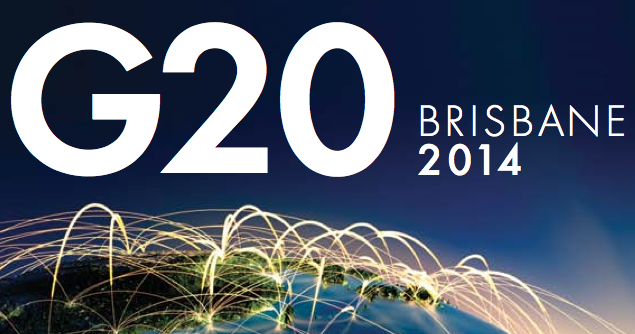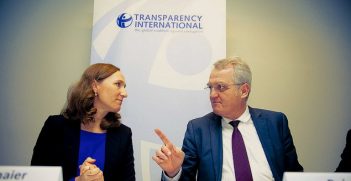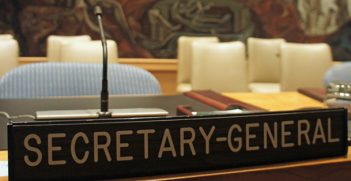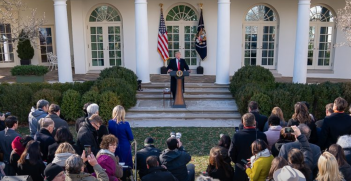G20: Be the Mentor, not the Master

While the G20’s authority may be somewhat limited, it enjoys the unique position to advise, guide and recommend global economic policy through “informal minilateralism”, says France’s Françoise Nicolas.
Although the G20 has been in existence in its current form for more than five years now, there is still disagreement as to what it can and cannot do. More often than not, expectations tend to be far in excess of what the group is able to deliver, fuelling disappointment, which then undermines the group’s legitimacy.
Powers and priorities
It is worth remembering that the G20 is a mere consultative forum for international policy cooperation, not an executive body. To be more specific, as a self-proclaimed group without any institutional basis, the G20 should not be seen as a substitute for existing institutions with operational responsibilities. Moreover, it has neither accountability nor authority to supervise the implementation of its coordinated policy guidelines and action plans. Also, in contrast to the G8, no single country is in a position to apply either direct or indirect pressure on the rest of the group.
While the G20 cannot enforce decisions, it is in a position to set the agenda, issue recommendations and lay the grounds for further cooperation within formal multilateral fora. In other words, the primary role of the G20 is to provide strategic leadership and guidance while the details are determined and implemented elsewhere, primarily within and by international organisations. As a result, tightening and clarifying relations with international institutions should be a priority.
Among global governance bodies, the United Nations has unique legitimacy based on universal membership and adherence to its Charter, which provides the basis for the international legal system. The G20, as a self-appointed group, lacks universality, but it can complement and reinforce the UN’s efforts by facilitating global decision-making through its enhanced “minilateral” structure. The G20 not only brings together major players whose combined “responsibility” is more than 60 per cent of the total for most of the global challenges, but it also has a sufficient level of representativeness to be responsive to non-members’ concerns. The UN, in turn, can provide input into the G20 process and build on the forum’s agreements to achieve a more global and formal consensus.
Cooperation and an expanded mandate
Another major task for the G20 (and one way of potentially enhancing its effectiveness) is to tighten its cooperation with international financial institutions – in particular, the International Monetary Fund. For example, the G20 may act as an action-forcing body, suggesting directions to be followed by IFIs. Another mission of the G20 is to contribute to the reform of the international monetary system: with the IMF as the central overseer of the system, tight collaboration between the two is warranted. Although the G20’s self-selected nature seems to rule out the possibility of it becoming a formal decision-making body within the constituency-based IMF, the G20’s combined voting shares in the IMF provide the basis for its informal influence.
An embrace of informal minilateralism
Lastly, as the G20’s mandate expands beyond financial and macroeconomic issues, coordination with other international bodies – such as the World Trade Organisation or the International Labour Organisation – should also be envisaged. In a nutshell, the “informal minilateralism” exemplified by the G20 should be seen as a new component of the larger multilateral system aimed at complementing the work of traditional multilateral organisations and, when relevant, at supporting their reform.
Françoise Nicolas is Senior Research Fellow and Director in the Centre for Asian Studies, French Institute of International Relations.
This is an extract from G20: Words into Action Brisbane 2014 published by Faircount Media in association with the Australian Institute of International Affairs in October 2014.





